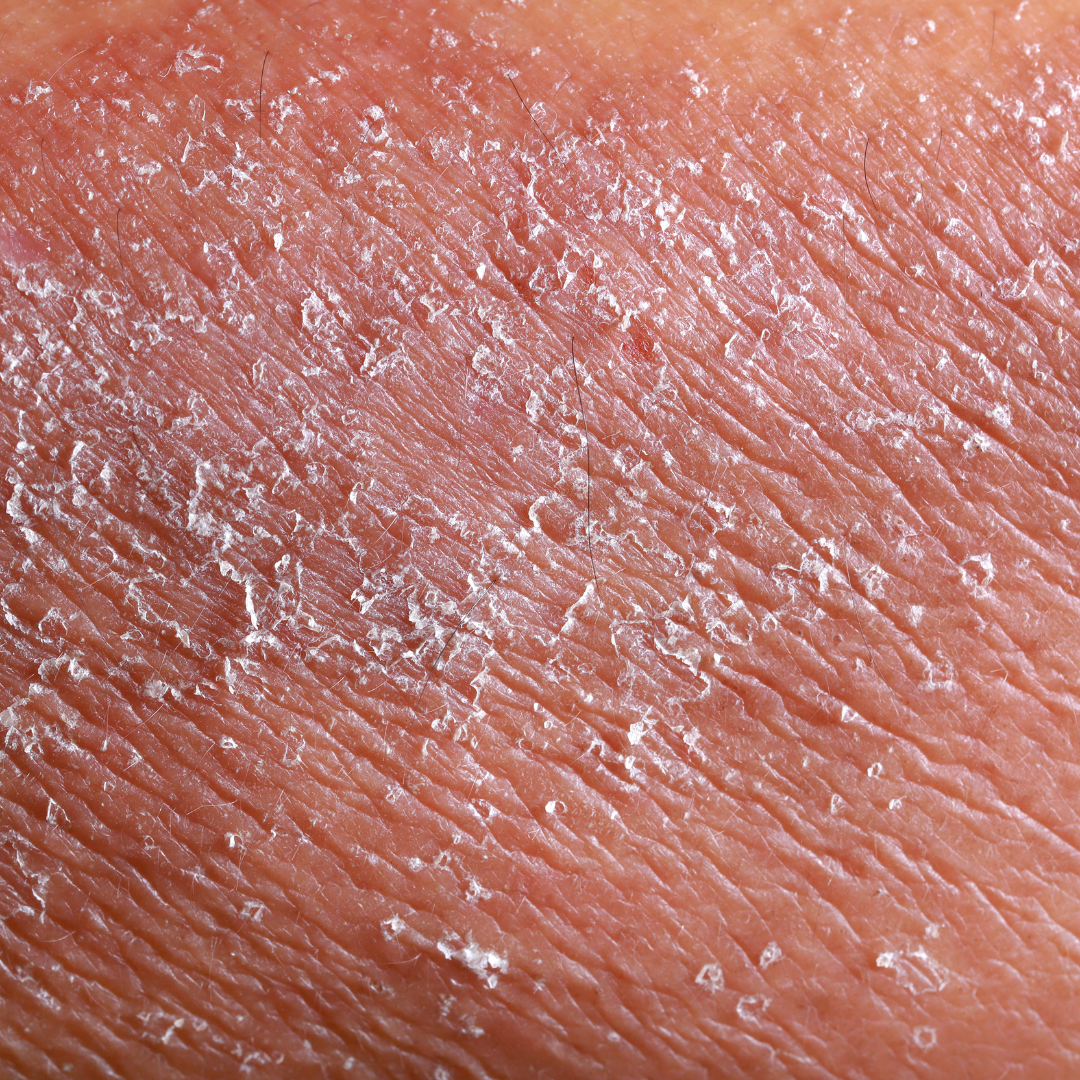Dry skin can be more than just a temporary inconvenience; it can affect your overall comfort and confidence. Understanding the causes and implementing effective prevention strategies is crucial for maintaining healthy, hydrated skin. In this blog post, we will delve into the factors contributing to dry skin and explore practical tips to keep your skin nourished and moisturized.
Understanding dry skin is important for several reasons, as it can have a significant impact on your overall health, comfort, and appearance. Here are some key reasons why understanding dry skin is important: Health Implications, Comfort and Well-being, Appearance, Psychological Impact, Preventive Measures, Identifying Underlying Health Issues, Customized Skincare, Effective Treatment
Understanding Dry Skin:
Causes of Dry Skin:- Environmental Factors: Harsh weather conditions, low humidity, and exposure to central heating or air conditioning can strip the skin of its natural moisture.
- Age and Genetics: As we age, our skin tends to produce fewer oils. Genetic factors can also play a role in determining your skin type.
- Skincare Habits: Incorrect skincare routines, overuse of harsh soaps, or hot water can disrupt the skin's lipid barrier, leading to dryness.
- Medical Conditions: Certain medical conditions such as eczema, psoriasis, or thyroid disorders can contribute to dry skin.
Identifying Dry Skin:
a. Symptoms: Itching, redness, flakiness, and a feeling of tightness are common symptoms of dry skin.
b. Skin Types: Understanding your skin type (normal, oily, dry, or combination) helps tailor your skincare routine for optimal hydration.
Preventing Dry Skin
Hydrating from Within:
a. Water Intake: Ensure you are drinking an adequate amount of water daily to keep your body and skin hydrated.
b. Nutrition: Include foods rich in essential fatty acids, vitamins A and E, and antioxidants in your diet for overall skin health.
Proper Skincare Routine:
a. Gentle Cleansing: Use a mild, hydrating cleanser to avoid stripping your skin of natural oils.
b. Moisturizing: Choose a moisturizer suitable for your skin type and apply it regularly, especially after bathing.
c. Sun Protection: Use a broad-spectrum sunscreen to protect your skin from harmful UV rays.
Humidification:
a. Humidifiers: Consider using a humidifier in your home, especially during the colder months, to add moisture to the air.
Avoiding Irritants:
a. Harsh Products: Steer clear of products containing alcohol, fragrances, and other harsh chemicals that can irritate and dry out the skin.
b. Limit Hot Baths: Long, hot showers can strip the skin of its natural oils, so opt for shorter, lukewarm baths.
Regular Exfoliation:
a. Gentle Exfoliation: Incorporate a mild exfoliant into your skincare routine to remove dead skin cells and promote better absorption of moisturizers.
Holistic Approach
Treating dry skin effectively involves a combination of skincare practices and lifestyle adjustments. Start by adopting a gentle cleansing routine. Choose mild, fragrance-free cleansers and avoid hot water during bathing, as excessive heat can strip the skin of its natural oils. After washing, apply a moisturizer suitable for your skin type. Look for products containing hydrating ingredients like hyaluronic acid, glycerin, or natural oils such as jojoba or almond oil. Moisturizing immediately after bathing helps seal in moisture and creates a protective barrier against further dryness.
Lifestyle
In addition to topical treatments, consider lifestyle factors that may contribute to dry skin. Stay well-hydrated by drinking enough water throughout the day, and use a humidifier in dry environments, especially during colder months. Protect your skin from harsh weather conditions by wearing appropriate clothing, such as scarves and gloves. Regular exfoliation can also aid in removing dead skin cells, promoting cell turnover, and enhancing the effectiveness of moisturizers.
Professional Guidance
For persistent or severe dry skin, seeking the advice of a dermatologist is crucial. A dermatologist can identify underlying causes, such as eczema or psoriasis, and recommend specific treatments or prescription medications tailored to your skin's needs. The combination of a consistent skincare routine, lifestyle adjustments, and professional guidance can significantly improve the condition of dry skin, restoring moisture and promoting a healthier complexion.
Take Our AI powered Skin Quiz Our skin care quiz will help you discover the perfect regimen for your unique skin type and concerns. Get personalized recommendations, expert tips, and product suggestions to achieve a healthy, glowing complexion. Invest in your skin's well-being and unlock your natural beauty today!
To learn more visit 103collection.com


